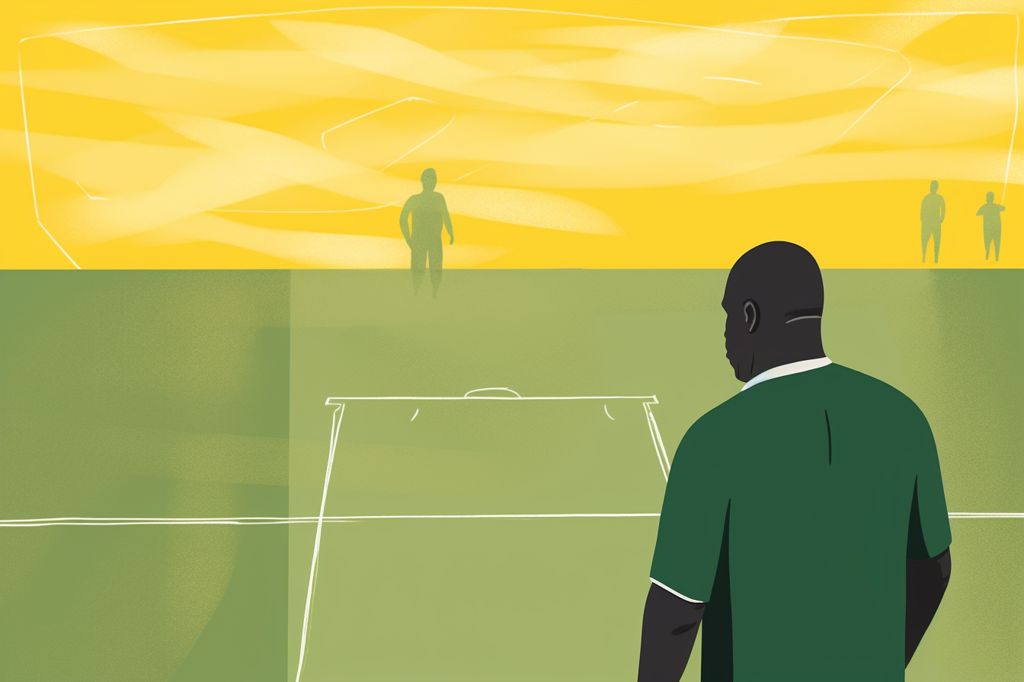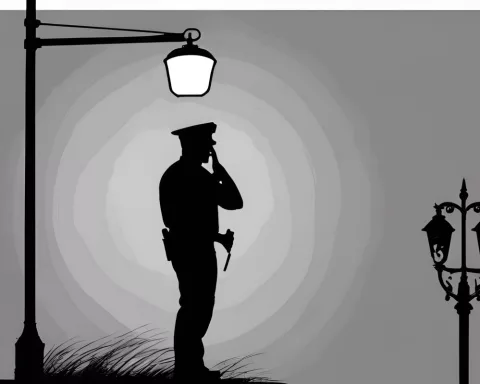Endometriosis is a chronic inflammatory condition affecting around one in ten individuals assigned female at birth. This condition causes tissue similar to the uterine lining to grow in other parts of the body, leading to severe pelvic pain, painful periods, pain during sex, infertility, and fatigue. Despite this, those suffering from endometriosis wait eight to 12 years for a diagnosis on average. The diagnosis and treatment of black women with endometriosis, however, are even more challenging.
The Racial Disparity in Endometriosis Diagnosis and Treatment
Research shows that black women are 50% less likely to be diagnosed with endometriosis compared to white women. Barriers to gynecological care and systemic racism within the medical field contribute to this disparity, leading to black women potentially enduring years of unnecessary suffering. The roots of unequal care are linked to the beginnings of gynecology, with a history of racism and exploitation of black women’s bodies. J. Marion Sims, the inventor of the speculum, performed experimental surgeries on enslaved women without anesthesia or consent.
Racial Bias in the Medical Field
Racial bias still exists in the medical field today. Studies show that white medical professionals believe black patients experience less pain than their white counterparts, potentially explaining why healthcare professionals are less likely to provide black women with pain medication. Racial disparities in endometriosis care also exist, with minority ethnic groups in the UK and black women in the US receiving poorer treatment and diagnosis.
Consequences of Delayed or Inadequate Care
Black women diagnosed with endometriosis receive their diagnosis on average two and a half years later than white women. They are also less likely to undergo endometriosis surgery and more likely to face surgical complications. Untreated endometriosis can lead to organ damage, worsened pelvic pain, heavy periods, pain during sex, bladder and bowel damage, incontinence, and bowel problems. Endometriosis is also potentially responsible for nearly half of all infertility cases among women, and the risks of pregnancy complications, including miscarriages, are higher in women with undiagnosed endometriosis.
Improving Endometriosis and Gynecological Care for Black Women
To improve endometriosis and gynecological care for black women, the medical community must undergo significant changes. These include mandatory training on implicit racial bias for healthcare professionals and increased funding for research on the prevalence and impact of endometriosis on black women. Global research on this issue is necessary as most existing evidence is from the US.
Seeking Resources for Black Women with Endometriosis
Black women who suspect they have endometriosis should seek resources from organizations like Cysters, the Black Women’s Reproductive Health Project, EndoBlack, and the Black Women’s Health Imperative. Pain should not be suffered in silence, and keeping a diary of pain and symptoms, as well as preparing a list of questions for healthcare consultations, can help facilitate proper diagnosis and treatment.
The racial disparity in the diagnosis and treatment of endometriosis in black women is a significant problem that requires systemic change. The medical community must take steps to address implicit racial bias and increase funding for research on endometriosis in black women to improve care and reduce unnecessary suffering.










